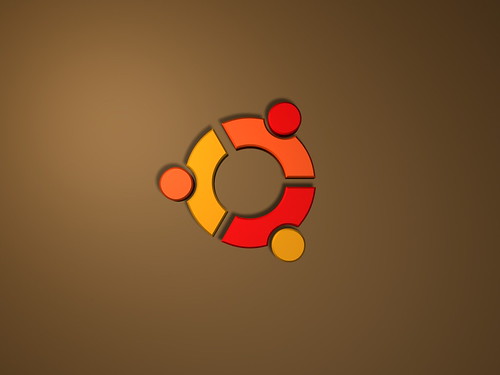But it goes. New year, 2013 is coming.
I wish to you, my readers, all the best!
Stay tuned to my blog, and I am sure you will get a lot of useful information here.
Merry Christmas!
Happy New Year!
See you in 2013!
How to choose an operating system for your computer and how to run it there.
| About DarkDuck DarkDuck is a person with whole life spent in IT area. It does not mean only Linux, but also SAP systems. Learn more about him here. |

| About DarkDuck DarkDuck is a person with whole life spent in IT area. It does not mean only Linux, but also SAP systems. Learn more about him here. |
 An operating system, also known simply as OS, comprises of a set of software applications that facilitate computer hardware resources and offers general services for computing applications. An OS plays an important role within the system software in an entire computer setup. Applications mostly need a compatible OS to work properly. We use them all the time, sometimes without realizing it, so lets explore the different types of Operating Systems and some of the most popular ones on the market.
An operating system, also known simply as OS, comprises of a set of software applications that facilitate computer hardware resources and offers general services for computing applications. An OS plays an important role within the system software in an entire computer setup. Applications mostly need a compatible OS to work properly. We use them all the time, sometimes without realizing it, so lets explore the different types of Operating Systems and some of the most popular ones on the market.| About DarkDuck DarkDuck is a person with whole life spent in IT area. It does not mean only Linux, but also SAP systems. Learn more about him here. |
UK (2.00 GBP):

|
| Fedora 18 pre-order (USA) |
|---|

| Fedora 18 pre-order (Other countries) |
|---|

| About DarkDuck DarkDuck is a person with whole life spent in IT area. It does not mean only Linux, but also SAP systems. Learn more about him here. |
 |
| Changing CPU affinity using Htop - example |
| About DarkDuck DarkDuck is a person with whole life spent in IT area. It does not mean only Linux, but also SAP systems. Learn more about him here. |